UK agency pilots biobank to study links between genetics and drug side effects
Pharmaceutical Technology
MAY 25, 2023
The Medicines and Healthcare products Regulatory Agency (MHRA) aims to launch a pilot genetic biobank that will gather patient data to associate drug-related adverse events to their genetic makeup. The Yellow Card biobank will launch as a joint venture with the UK-government funded entity Genomics England on June 1.



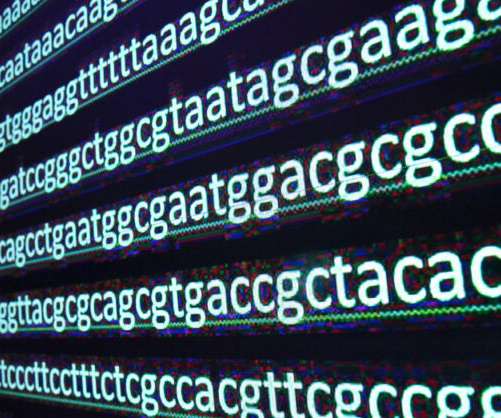
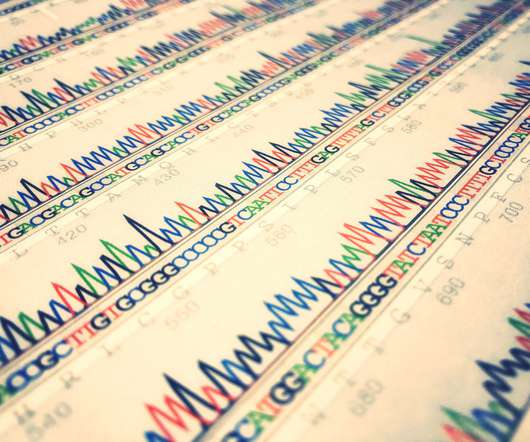
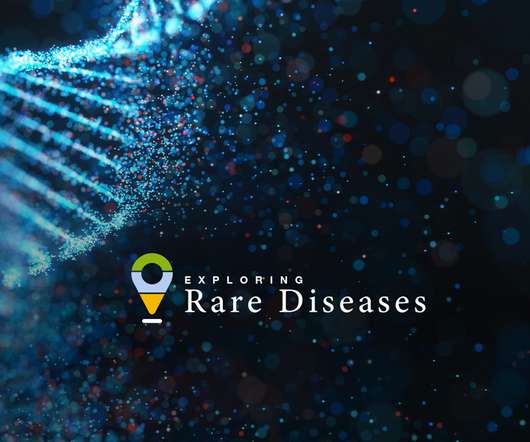
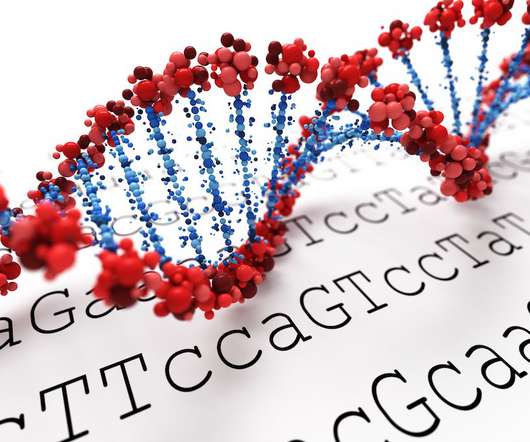
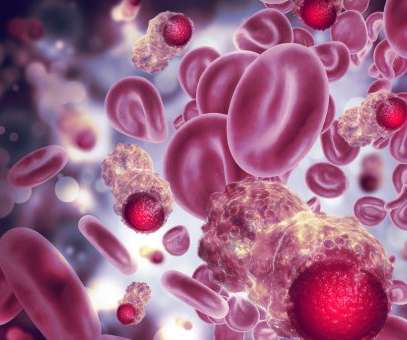








Let's personalize your content